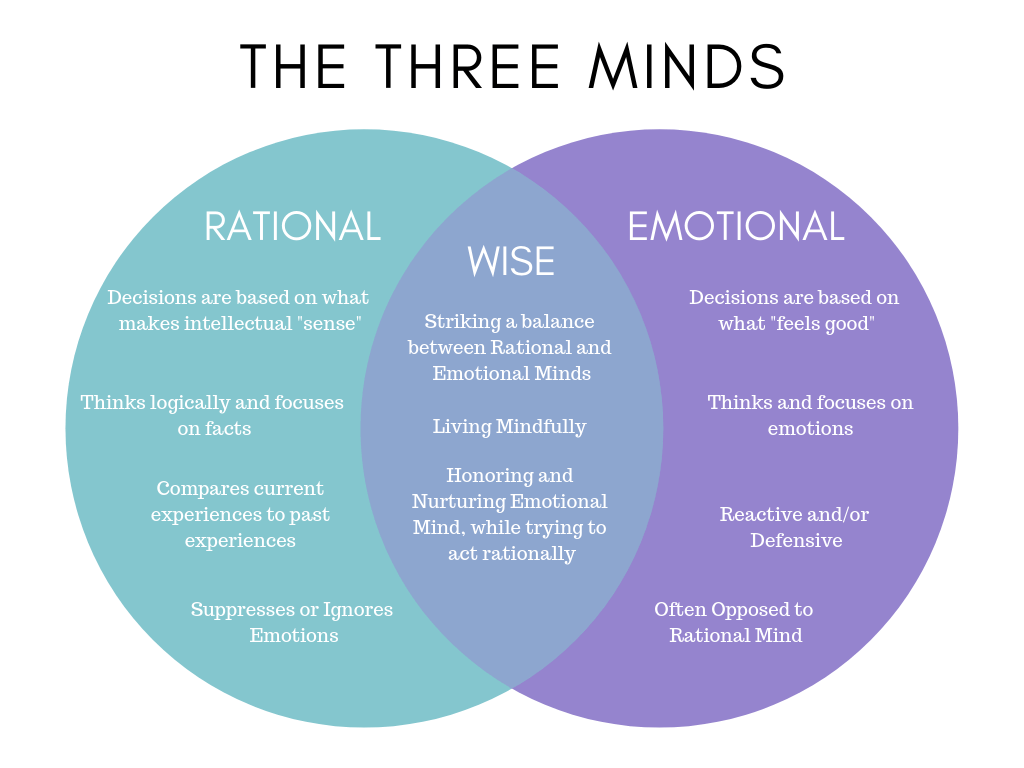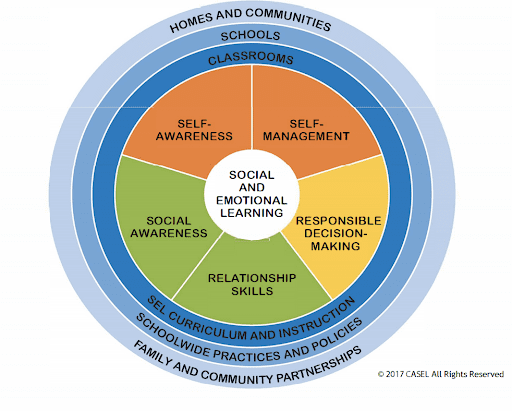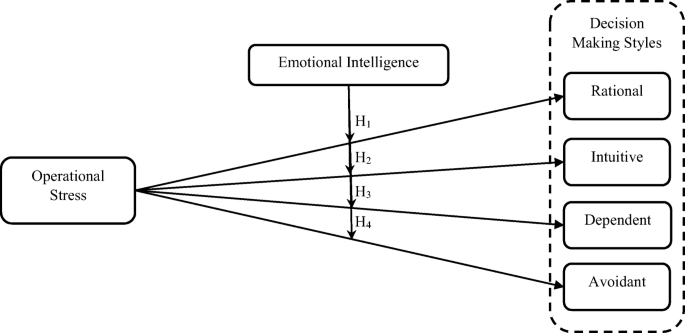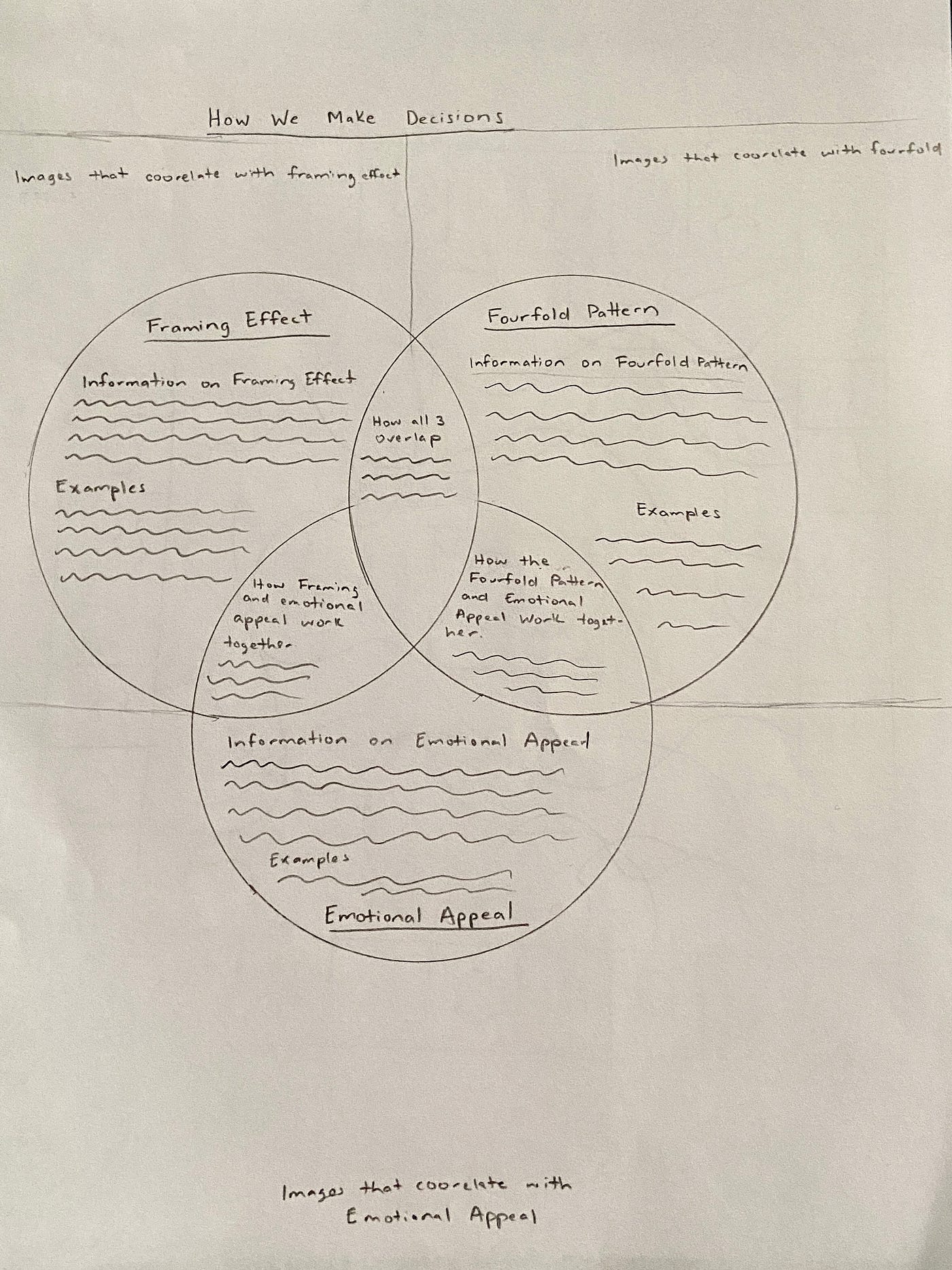Decision making is a crucial aspect of human life and is something that we engage in on a daily basis. There are two main approaches to decision making: emotional and rational. Emotional decision making involves making choices based on our feelings and emotions, while rational decision making involves making choices based on logical thinking and analysis. Both approaches have their own pros and cons and can be useful in different situations.
Emotional decision making is often driven by our instincts and gut feelings. It is a quick and automatic process that allows us to make decisions quickly, especially in situations where time is of the essence. For example, if we encounter a dangerous situation, our emotional response may be to flee or defend ourselves, rather than analyzing the situation and weighing our options. This can be helpful in situations where we need to act fast to protect ourselves or others.
However, emotional decision making can also lead to biases and poor choices. Our emotions can cloud our judgment and lead us to make decisions that are not in our best interest. We may act impulsively and make choices that we later regret because we were not thinking logically about the consequences. Emotional decision making can also lead to conflicts with others, as our emotional responses may not always align with those of others.
Rational decision making, on the other hand, involves taking a more analytical approach to decision making. It involves gathering and evaluating information, considering multiple options, and weighing the pros and cons of each option before making a decision. This approach is often slower than emotional decision making but can lead to more considered and logical choices. Rational decision making can be especially useful in situations where the stakes are high or the consequences of a decision are significant. It can also help to prevent conflicts with others, as rational decision making is based on logic and reasoning rather than emotions.
However, rational decision making is not always the best approach. In some situations, time is of the essence and we may not have the luxury of gathering and evaluating all of the information that we need to make a fully informed decision. Additionally, relying solely on rational decision making can lead to a lack of flexibility and a failure to consider the emotional impact of our decisions on ourselves and others.
In conclusion, both emotional and rational decision making have their strengths and weaknesses. Emotional decision making allows us to act quickly and instinctively, but it can also lead to biases and impulsive choices. Rational decision making is a more considered and logical approach, but it can be slow and may not always be practical in certain situations. The key is to find a balance between the two approaches and use the appropriate one depending on the situation.








